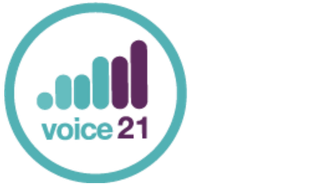Our impact
Our impact

Even good organisations can get better – and getting better means more young people succeeding. We provide the expertise, the funding, and the support to help organisations on a journey to real impact.
Nat Sloane, Co-founder of Impetus






























